If you throw away a cola can, you see it as waste. But that cola can could be made into a new car! Of course, one single can is not enough, but all of us throw away enough cans to make a lot of new cars. A can is therefore not actually waste, but a raw material for new products. We call this repeated use of waste: the circular economy.
If we were to buy as few new products as possible, fewer raw materials would be extracted from the earth. Resources are running out. That’s why it is especially important to prevent and reduce waste. Is there something you are about to throw away that might still be repairable? Or maybe you could make someone else happy with something you want to get rid of. The sweater that is now too small for you, for example, or that old cupboard. If you don't know anyone in your area who might want something of yours, you can always take it to a thrift store. You can also reduce waste by how you buy things. Choose products with the most sustainable packaging, for example, or maybe a product with no packaging at all. If we were all to pay attention to this, we would be taking fewer raw materials from the earth. Recycling is good, but minimizing waste is even better because that’s how we can save on raw materials, emissions and energy.
The best way to recycle waste is to separate it first, so that plastic is with plastic and paper is with paper. We can then collect it and make sure that the separated waste is taken to a factory, so that new products can be made from it. You can find more information on separating waste in the waste separation guide. In addition, we would be happy to show you what the recycling of different types of waste looks like.
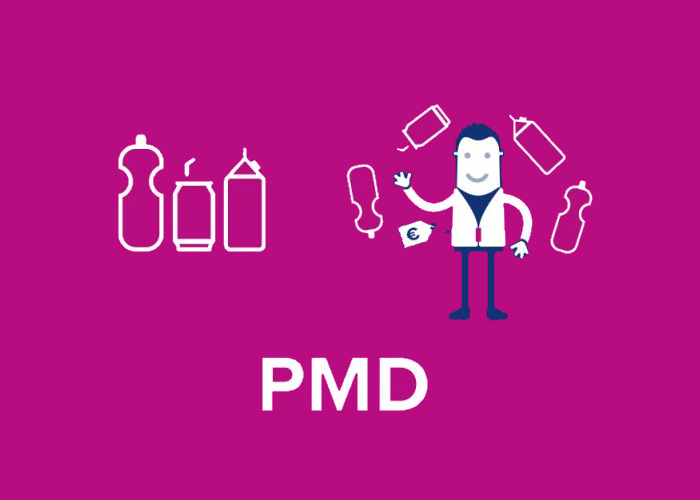
PMD waste
The term PMD stands for Plastic packaging, Metal packaging (such as cans) and Drinking cartons.
Paper
If you recycled 1,000 kg of paper, you would have saved 3.3 trees!
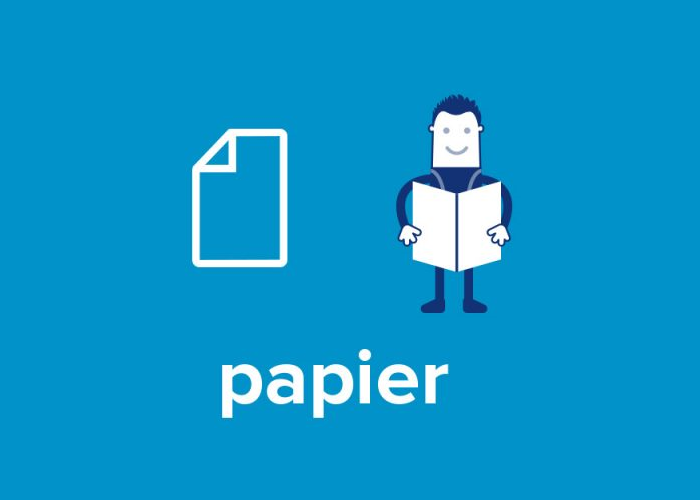
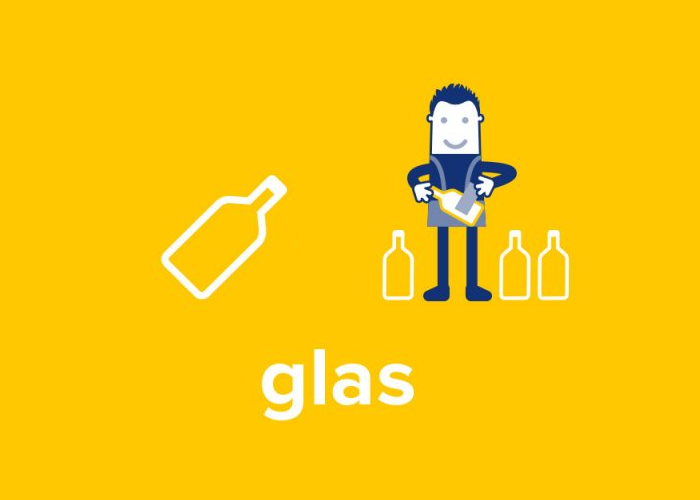
Glass
Glass can be reused indefinitely.
Textile
Textiles can get a second life.
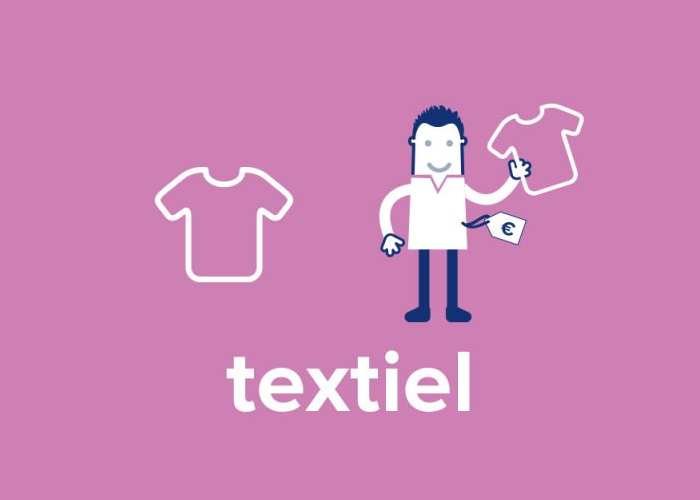
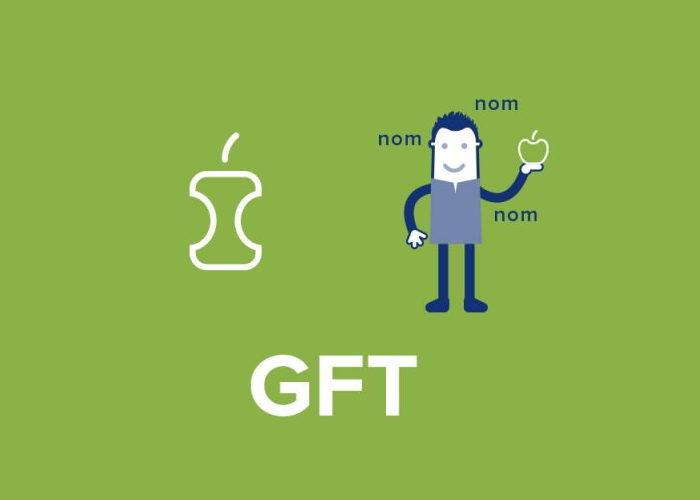
VFG
VFG stands for vegetable, fruit and garden waste.
SCW
SCW stands for small chemical waste.
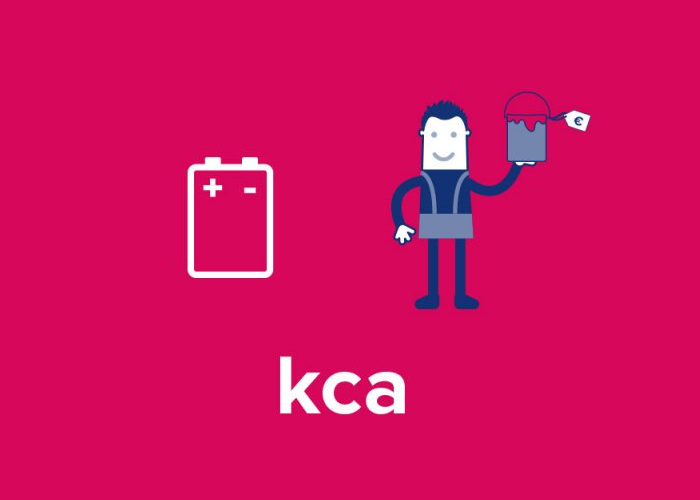
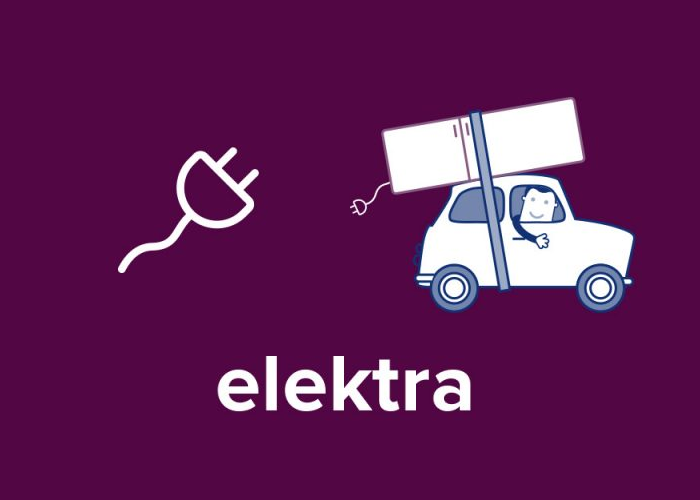
Electrical appliances
We first take apart these household appliances (white and brown goods).
Bulky waste
Bulky waste usually consists of old furniture and contains many different materials.
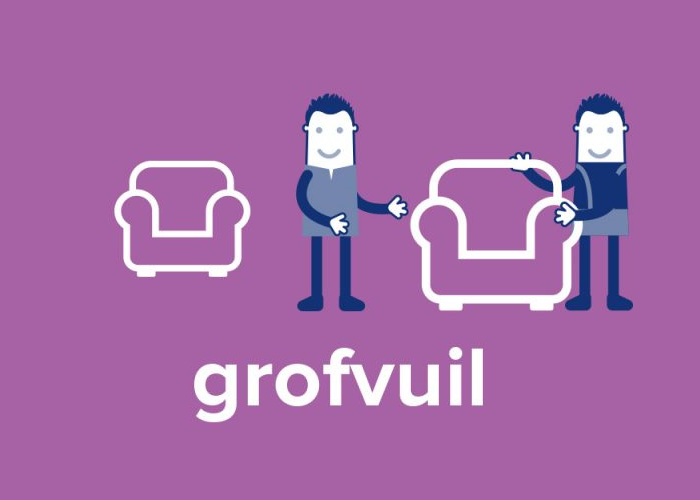
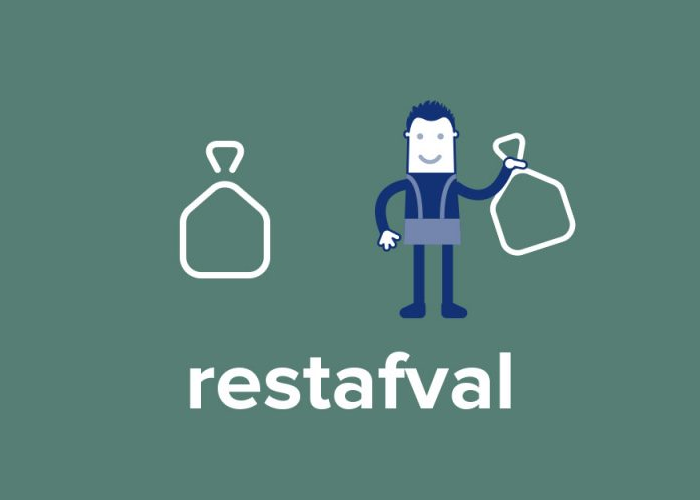
Residual waste
If you separate out all of your waste, residual waste is what is left over.

